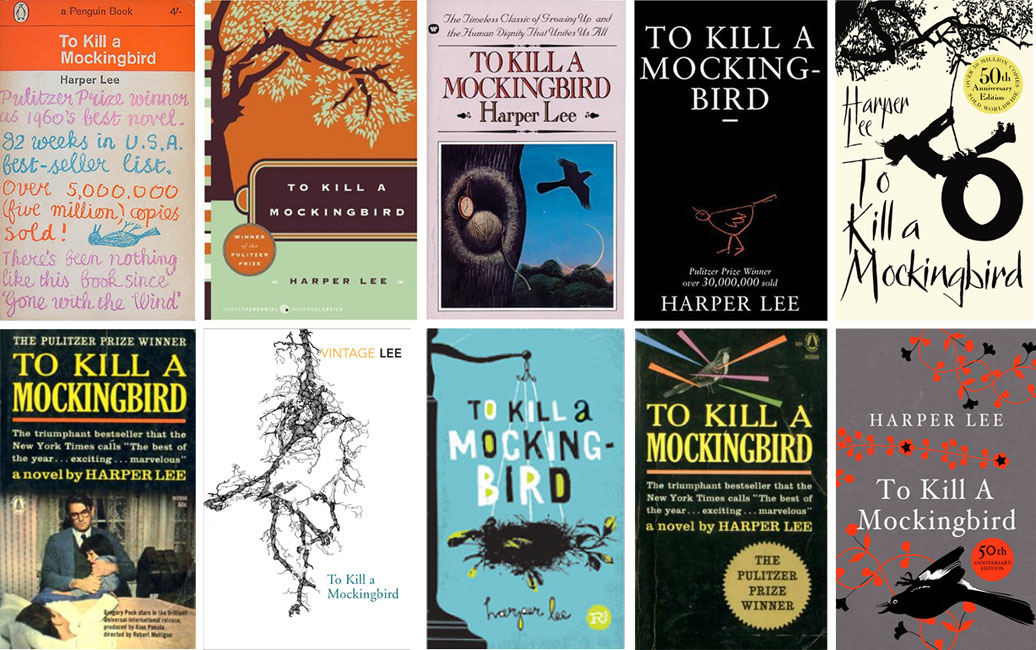Banned Books Week 2015: September 27-October 3

Banned Books Week starts today and ends on Saturday.
Every year, people attempt to ban books from the shelves of libraries or schools, to keep other people from enjoying material they feel is bad in someway.
The website of the American Library Association lists some of these books. The top ten books challenged this past year are:
- The Absolutely True Diary of a Part-Time Indian, by Sherman Alexie Reasons: anti-family, cultural insensitivity, drugs/alcohol/smoking, gambling, offensive language, sex education, sexually explicit, unsuited for age group, violence. Additional reasons: “depictions of bullying”
- Persepolis, by Marjane Satrapi Reasons: gambling, offensive language, political viewpoint. Additional reasons: “politically, racially, and socially offensive,” “graphic depictions”
- And Tango Makes Three, Justin Richardson and Peter Parnell Reasons: Anti-family, homosexuality, political viewpoint, religious viewpoint, unsuited for age group. Additional reasons: “promotes the homosexual agenda”
- The Bluest Eye, by Toni Morrison Reasons: Sexually explicit, unsuited for age group. Additional reasons: “contains controversial issues”
- It’s Perfectly Normal, by Robie Harris Reasons: Nudity, sex education, sexually explicit, unsuited to age group. Additional reasons: “alleges it child pornography”
- Saga, by Brian Vaughan and Fiona Staples Reasons: Anti-Family, nudity, offensive language, sexually explicit, and unsuited for age group.
- The Kite Runner, by Khaled Hosseini Reasons: Offensive language, unsuited to age group, violence
- The Perks of Being a Wallflower, by Stephen Chbosky Reasons: drugs/alcohol/smoking, homosexuality, offensive language, sexually explicit, unsuited for age group. Additional reasons: “date rape and masturbation”
- A Stolen Life, Jaycee Dugard Reasons: drugs/alcohol/smoking, offensive language, sexually explicit, and unsuited for age group
- Drama, by Raina Telgemeier Reasons: sexually explicit
I have only read Persepolis before, and only the first part at that. I suppose it was only a matter of time before this book showed up on the top ten banned list. I don’t recall gambling. Some of the language is strong, but not gratuitously so. But the political viewpoint – well. Politics is all over Persepolis. You take it out, there is nothing left. So, yeah. The politics cannot help but make it controversial and I suppose that means someone will try to ban it.
As far as I know, Persepolis is new to the top ten banned books list. Also: It’s Perfectly Normal, Saga, A Stolen Life and Drama are new to the list as well. Basically, half the list. Some of them probably appeared on the list, but not in the top ten.
Also, is Saga a YA book? It’s a comic, yeah, but I don’t know if that automatically makes it YA.
I haven’t read any of the others. I usually pick a banned book to read this week, but life snuck on me and I haven’t picked one yet.
There are lists of banned books: by decade and GoodReads and classics. I am sure there are other lists that I haven’t found!




 Banned books week starts tomorrow, September 30 2012. It ends next Saturday on October 6, 2012.
Banned books week starts tomorrow, September 30 2012. It ends next Saturday on October 6, 2012.


